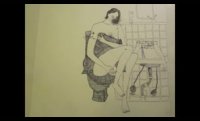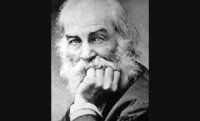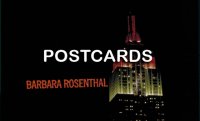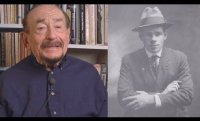The Library of Congress’s Poetry and Literature Center is accepting nominations for the Rebekah Johnson Bobbitt National Prize for Poetry. The biennial prize is given for a poetry collection written by a U.S. citizen and published in the previous two years, or for lifetime achievement in poetry. The winner will receive $10,000 and will give a public reading in the fall.
Publishers may submit four copies of a book published in 2012 or 2013, along with the required entry form and a suggested $50 contribution to the Library of Congress by postal mail to Bobbitt Prize, Poetry and Literature Center, Library of Congress, 101 Independence Avenue, S.E., Washington, D.C. 20540. The postmark deadline is July 31. Books published in a standard edition of at least 1,000 copies are eligible. A collected or selected work is eligible only if it contains at least 30 poems previously unpublished in a book. A three-person jury and the Librarian of Congress, James Billington, will judge.
Established in 1990, the Bobbitt prize is given by the family of Rebekah Johnson Bobbitt (1910-1978). Bobbitt, who worked at the Library of Congress in the 1930s, was the late President Lyndon B. Johnson’s sister.
Gerald Stern won the 2012 Bobbitt Prize for Early Collected Poems: 1965-1992 (Norton, 2010). Other winners of the prize include James Merrill, Louise Glück, A. R. Ammons, Kenneth Koch, Frank Bidart, W. S. Merwin, and Lucia Perillo.








